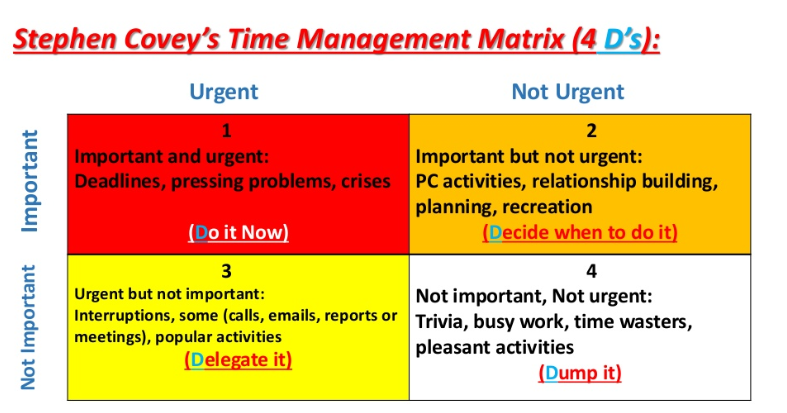Workload is considered as one of the factors likely to induce fatigue especially when combined with long periods of wakefulness and long duty hours.
Either a very high or a very low workload may lead to fatigue; on the one hand, working extensive hours and having to complete multiple tasks that require excessive demand on attention can increase periods of wakefulness; on the other hand, even simple tasks, that are monotonous and repeating, can result in loss of interest and boredom which also increase the effects of fatigue.
As such, the type and intensity of tasks performed, play a key role and therefore an effective fatigue management strategy requires to determine operational workload issues. For life onboard, it is important to determine in advance all duties combined with efficient management of work and rest hours.
When it comes to people working onboard ships, the impact of technological changes on crew workload and possible consequences on fatigue should be also taken into consideration. Ship design features can also affect workload (i.e. automation, equipment design and reliability) while others may affect the crew’s ability to sleep, and others the level of physical stress on the crew (i.e. noise, vibration, accommodation spaces, etc.)
However, there’s more to workload than physical tasks. Lately, more and more people have been shedding light on mental workload; in fact, it’s not just the actual physical workload that leads to burnout, but also the emotional labor too.
Using the 4Ds for effective time management
#4 DROP certain unimportant tasks
#3 DELEGATE work that is not necessary for you to do
#2 DELAY work that is not needed immediately
#1 DO what is essential and adds the most value

7 Tips for balancing workload
- Set priorities: Priorities help to focus on quality over quantity.
- Do one thing at a time: Stay with a task until it is completed.
- Delegate tasks: The time spent teaching someone else to do one of your tasks will soon made up for.
- Ask for help: Asking for help is often seen as an admirable trait in anyone, regardless of their position.
- Control your devices: Smart phones, can consume large amounts of your time and energy.
- Take breaks: Break time helps us to renew our bodies and minds, returning to work refreshed.
- Keep a list of your tasks: A diary or planner will help you to keep an eye on where your time is going.
Symptoms of an unbalanced workload
- You feel a lot of stress and pressure.
- You are not as effective as you used to be.
- You have little energy to do anything with family/friends.
- You don’t sleep well and feel tired all the time.
80% of the value is contained in 20% of the input – The Pareto Principle
Apply this rule to projects to focus on that critical 20% first and fill out the other 80% if you still have time.
BUILDING RESILIENCE: Read in this series





































































































































Thank you for addressing this ubiquitous issue and for providing some useful and practical steps to minimise the effects of fatigue.